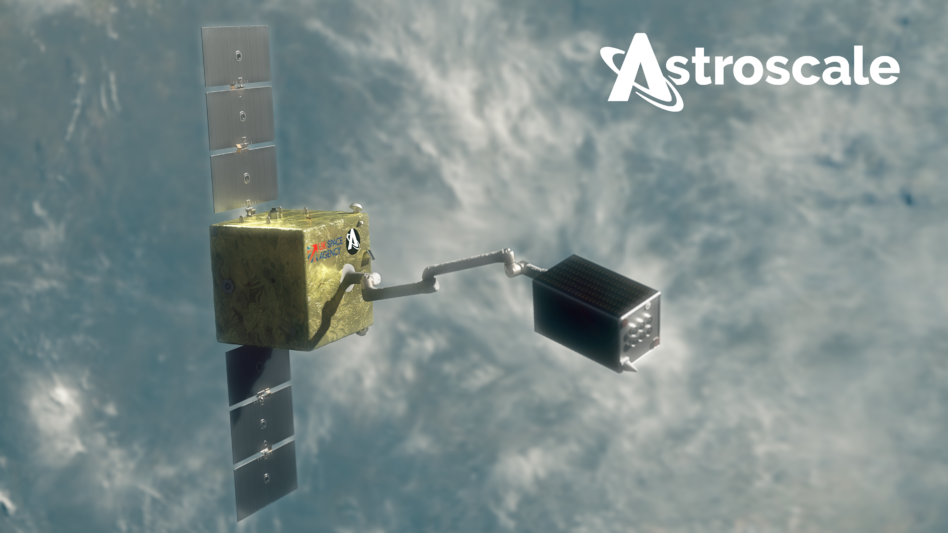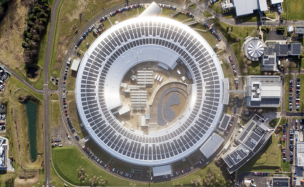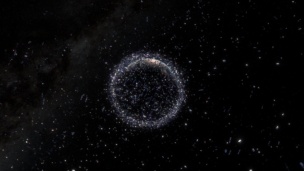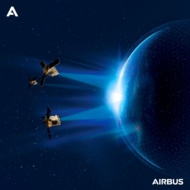Astroscale’s UK branch announced it had won a contract on Wednesday to continue working on an active debris removal mission that will take two defunct British sats out of orbit.
The £1.95M ($2.5M) contract from the UK Space Agency will fund development of the Cleaning Outer Space Mission through Innovative Captures, or COSMIC, spacecraft.
COSMIC: In this next phase of the program, which is expected to launch in 2026, Astroscale will continue working on technology required to grab hold of the two satellites. That includes a robotic arm that will be able to snag the debris even if it is spinning or tumbling in orbit.
“The global space industry continues to set new records for the number of satellites launched into orbit, with more than 2,780 launched in 2023 alone,” Paul Bate, CEO of the UK Space Agency, said in a statement. “While these satellites deliver valuable services back to people on Earth, we also need to make sure we protect the space environment and develop new ways to remove space debris.
The program, which completed its preliminary design review in April, will be built and operated at the company’s UK-based Zeus facility.
Let it go: Astroscale is also working with other partners in Europe on active debris removal tech. In July, Astroscale UK won £11.8M ($15M) from the UK Space Agency and the European Space Agency to conduct an in-orbit demo mission for its ELSA-M (short for End-of-Life by Astroscale-Multiple) platform, which is expected to launch in late 2025 or early 2026.
The mission will attempt to deorbit multiple sats that have been fitted with special docking hardware.
On the flip side: Astroscale is already gaining flight heritage with its Active Debris Removal by Astroscale-Japan, or ADRAS-J, mission that will help inform some of these new missions. ADRAS-J, which launched in February, is led by Astroscale’s Japan HQ and funded by the Japanese space agency. In it, the company will attempt to grapple a Japanese upper stage rocket body and remove it from orbit.




